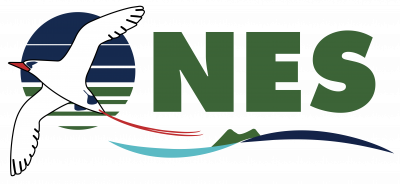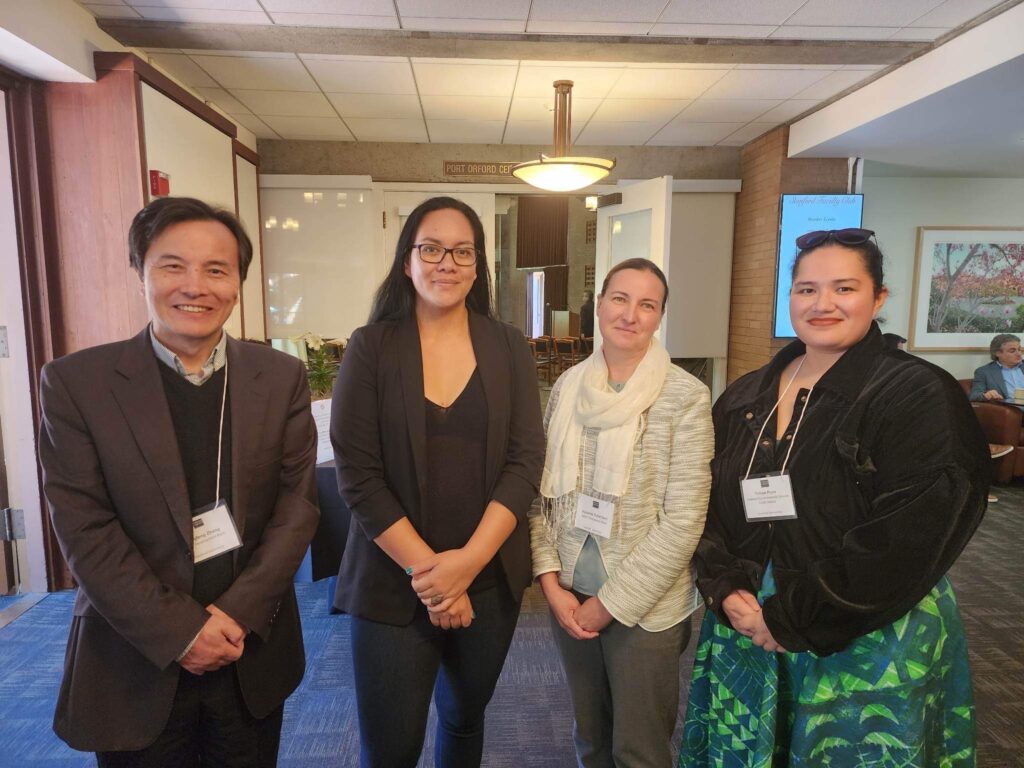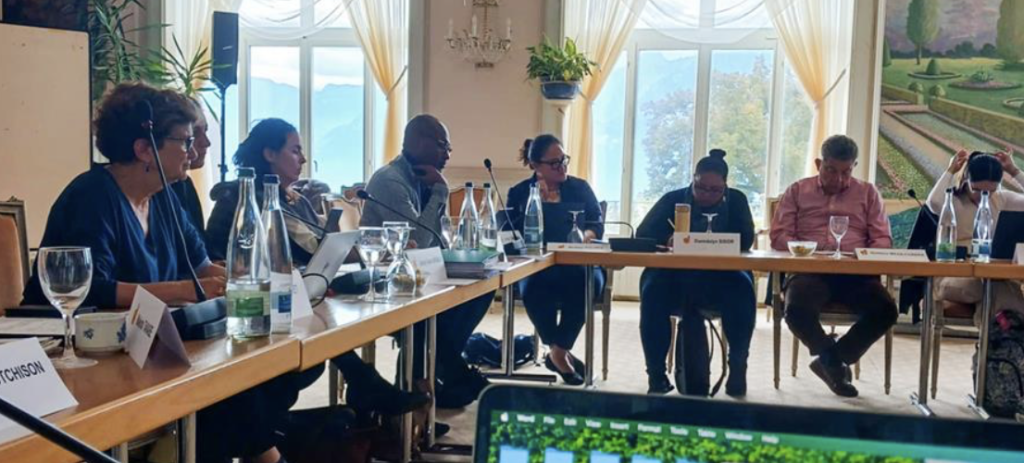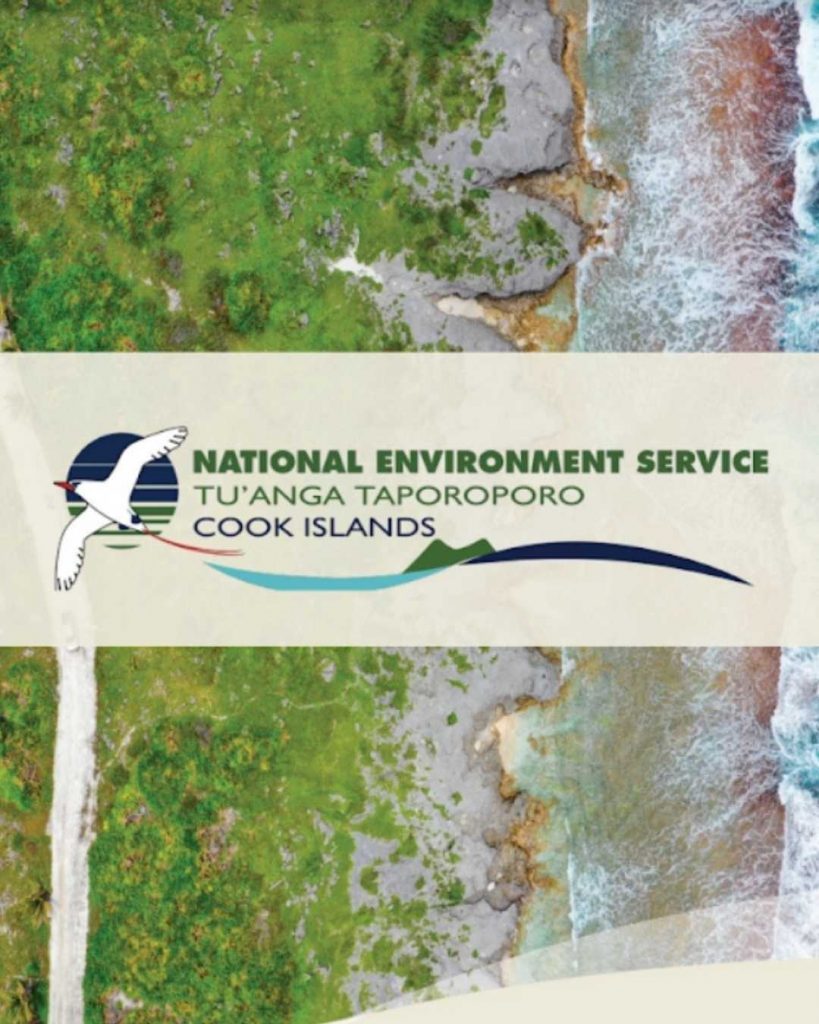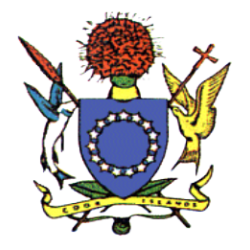The first Global Forum on mainstreaming nature in decisions recently took place at Stanford University, California. The forum was organised by the Natural Capital Project (NatCap) at Stanford University in partnership with the Asian Development Bank (ADB) and Inter-Development American Bank. The main purpose of the forum was to co-develop with nine pilot country governments, innovative approaches to natural capital, change policy and investment outcomes for people and nature within the next 15 months.
The Cook Islands, one of the selected countries within the Asia Pacific region, was represented by Angelia Williams, Director of Major Projects and Procurement Support Division at the Ministry of Finance and Economic Management (MFEM) and Tohoa Puna from NES.
Natural Capital can be defined as the world’s stock of natural assets which include geology, soil, air, water and all living things. It is from this Natural Capital that humans derive a wide range of services, often called ecosystems services, which make human life possible. The most obvious ecosystem services include food, water, plant materials used for fuel, building materials and medicines.
Leading countries in the NatCap presented how they safeguard their natural resources effectively. Under the agenda ‘Eye on Asia – scaling up natural capital investment’, Angelia Williams was the Pacific panelist, and she discussed the importance of Natural capital in the Cook Islands. As a SIDS and a remote Pacific Island country, NatCap is essential to supporting our livelihoods, food security and wellbeing given our small land mass and vulnerability to climate change. She briefly mentioned how traditional knowledge of making vairakau maori, is one way the Cook Islands use our natural resources to better human life.
In the regional session, the Cook Islands report was presented by Tohoa Puna. She outlined the state of our environment, the release of the National Environment Policy 2022-32 and discussed environmental concerns focusing on terrestrial over-development, waste pollution, protected species and coastal protection. The three-day forum saw presentations from Stanford, ADB, IDB and other countries on programs, methodologies in ensuring sustainable development.
The next step for Natural Capital Approaches in the Cook Islands is the co- development of project scope with the NatCap team for implementation within the next 15months. The Cook Islands have engaged the NatCap team and ADB to co-develop Natural Capital Approaches and accounting on mainstreaming and finance opportunities and links to sustainable development.
